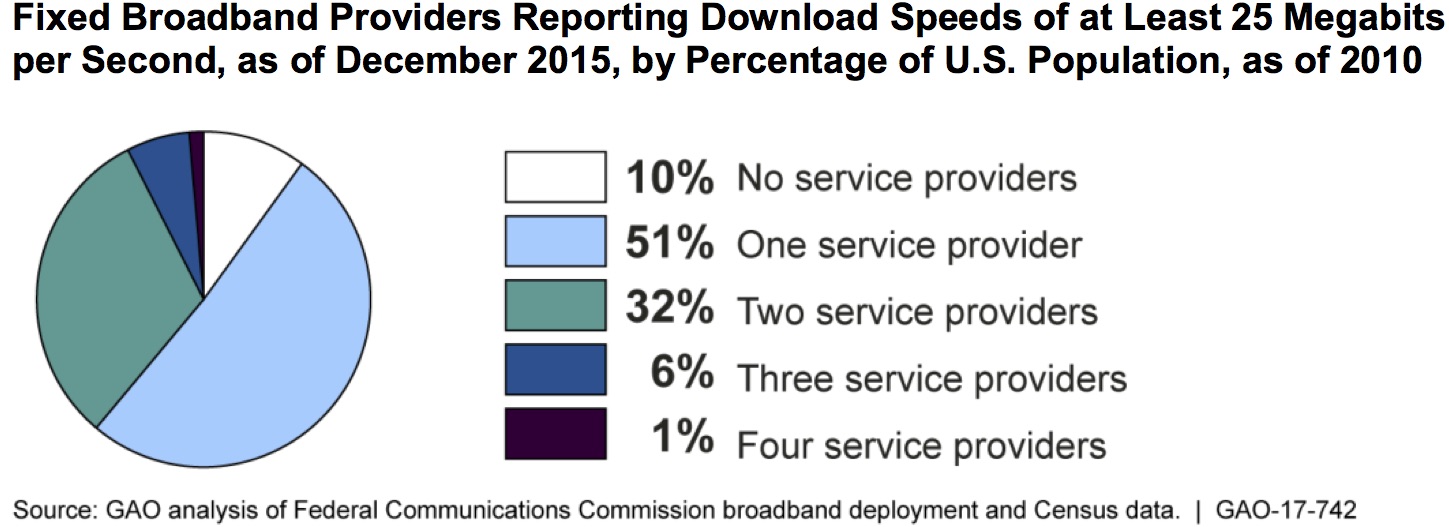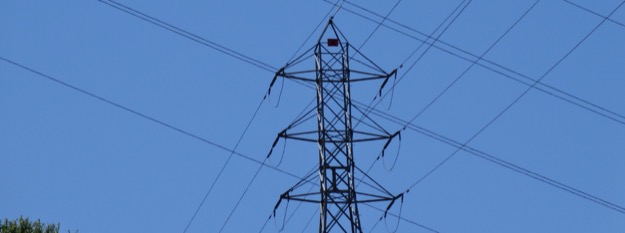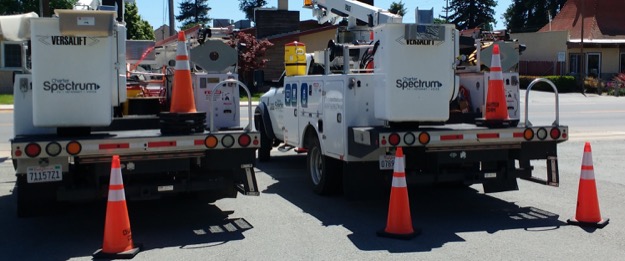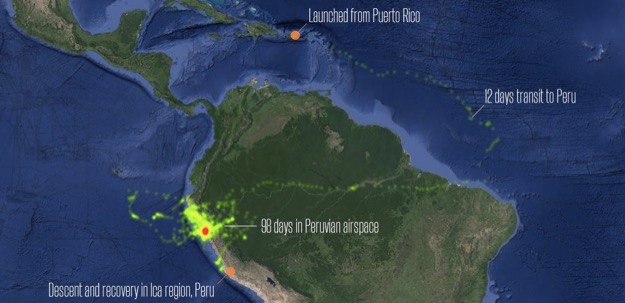FCC doesn't know enough about competition, or lack thereof, says GAO

The Federal Communications Commission needs better information about broadband competition, according to a report by the federal government accountability office. Existing data shows that 51% of U.S. residents only have access to one provider that offers at least a minimum level of broadband service, which the GAO defines using the FCC’s own advanced services standard of 25 Mbps download and 3 Mbps upload speeds.
The agency collects a lot of data, including information about how many broadband providers serve a given market, but not key information about prices and service offerings, the GAO report said…
… MoreAs indicated by FCC’s broadband data, competition does not exist in all areas.






![By shuets udono (P1000050) [CC BY-SA 2.0 (https://creativecommons.org/licenses/by-sa/2.0)], via Wikimedia Commons](https://www.tellusventure.com/images/2017/9/rubber_gloves.jpg)

![By Joker Poker [CC BY 2.0 (https://creativecommons.org/licenses/by/2.0)], via Wikimedia Commons](https://www.tellusventure.com/images/2017/3/gambling_table.jpg)